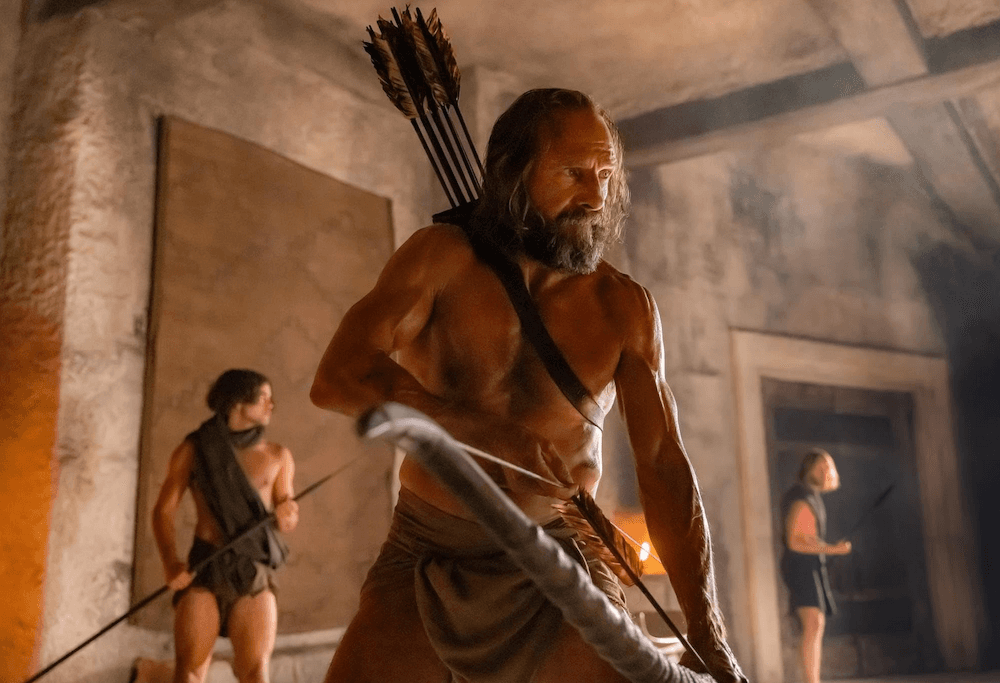R | 1h 56m | Drama, Action | Dec. 6, 2024
The “Lord Of The Rings” film trilogy was the truest representation of the books that begat them, in my opinion, of any movies based on books. I know. I read the LOTR trilogy 52 times—true story. Yes, yes, it’s amazing I managed to get anything else done in my life.






